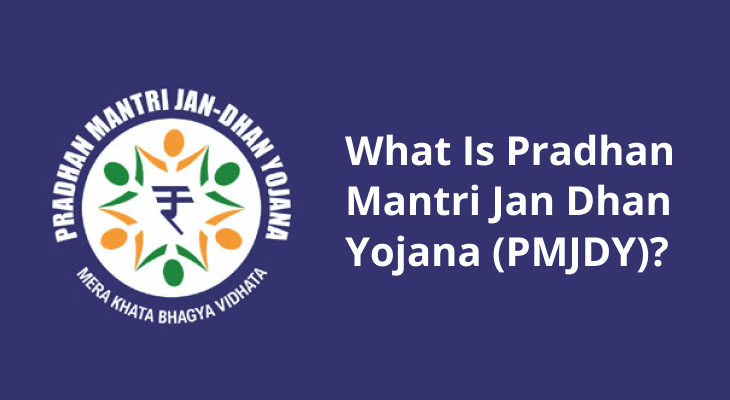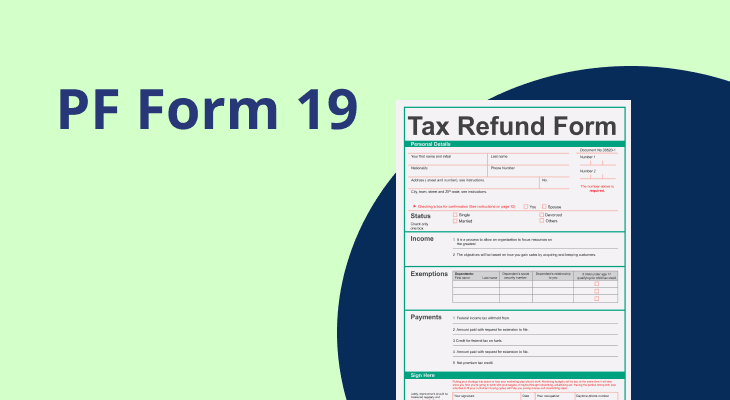
What is the eligibility for a PAN Card?
With digitalisation giving impetus to cybercrime, protecting the identity of individuals and entities has become more crucial than ever. Among the various types of identity cards used in India, the Permanent Account Number (PAN) card is a vital document for conducting financial transactions in the country, especially those related to tax. This article will explore the importance and eligibility of a PAN card.
Why is a PAN card important?
Primarily used for identification, a PAN card serves multiple purposes. Here are four top reasons.
1. Filing taxes: The PAN is a unique 10-digit number assigned to Indian taxpayers, ensuring no two taxpayers have the same number. Quoting your PAN is mandatory while filing your income tax return.
2. Conducting financial transactions: Most financial transactions require a PAN. For example, banks request your PAN details when you apply for savings or a fixed deposit account. You also need a PAN card to open a demat account and trade in stocks.
3. Engaging in high-value transactions: While having a PAN card may not be compulsory for basic financial transactions, it is essential for high-value transactions. For instance, you will need a PAN card to purchase or sell immovable property worth more than Rs 10 lakh, cash deposits in a bank account beyond Rs 50,000, among others
4. Taking a loan: Most loan approvals by banks and NBFCs require a PAN card. Lenders often ask for a PAN card to confirm your identity and ascertain your creditworthiness, even if the loan amount is less than the threshold specified by the Reserve Bank of India (RBI). Lenders also use your PAN to check your credit score.
Who is eligible for a PAN card?
As per the Government of India, different individuals and entities can apply for a PAN card.
PAN card eligibility for Indian citizens
Adults, minors and mentally disabled individuals
Individuals above the age of 18 can apply for a PAN card. Minors can also hold a PAN card. However, the application must be made by their parents, guardians, or a representative assessed.
Documents needed
- Identity proof
- Address proof
- Date of birth proof
- Identity and address proof of the parent/guardian/representative in case of minors and especially abled individuals
PAN card eligibility for a Hindu Undivided Family (HUF)
An HUF is a legal entity in India that was formed primarily to maximise tax savings. It typically consists of a common ancestor and all his lineal descendants. The head of the family is known as the Karta, and other members are referred to as coparceners. The Karta usually applies for the PAN card on behalf of the other family members. Although his name appears as the representative, the PAN card is issued in the name of the HUF itself.
Documents needed
Karta
- Identity proof
- Address proof
- Date of birth proof
HUF
- Address proof
- Declaration or affidavit as proof of existence
PAN card eligibility for other entities (This can be an infographic)
Entity Meaning Important documents needed
Company A company is a legal entity formed by a group of people to pursue shared business goals. - Company address proof - Identity and address proof of directors - Certificate of incorporation -
Firm A firm* is a business entity that engages in the sale of goods or services to earn a profit. *Includes a Partnership Firm and a Limited Liability Firm - Partnership deed - Authorisation letter - Digital signature certificate of the authorised partner - Office address proof - Identity and address proof of all partners - Certificate of registration/incorporation - Photographs of all partners
Association of
Persons
(AOP)/Body of
Individuals (BOI) An AOP is a group of people who come together for a common purpose, primarily with a profit motive. A BOI refers to a group of people who come together to earn an income. - AOP/BOI identity and address proof - Authorisation letter - Identity and address proof of the authorised signatory - Proof of activity/existence
Local Authority Local authorities include municipal and regional government bodies that engage in local governance. - Local authority identity and address proof - Authorisation letter by state government - Identity and address proof of the authorised signatory - Government order or notification establishing the body’s purpose
Artificial Juridical
Person (AJP) An AJP is any legal entity that does not fit into the above categories, such as a trust. - AJP identity and address proof - Authorisation letter issued by a state or central government department - Identity and address proof of the authorised signatory - Proof of activity/existence
PAN card eligibility for foreign citizens
Foreign residents or non-individual entities outside India can also apply for a PAN card using Form 49AA. Foreign citizens, in this case, include Non-Resident Indians (NRIs), Persons of Indian Origin (POIs) and Overseas Citizens of India (OCIs).
Documents needed
- Identity proof
- Address proof
- Recent photographs
Who does not need a PAN card?
The following individuals and entities are not mandated to have a PAN card:
1. NRIs need a PAN card only for certain specified transactions in India. Otherwise, they are exempt if they have no taxable income in India.
2. Minors do not need a PAN card unless they are liable to pay taxes.
3. Individuals with income below the taxable limit do not require a PAN card.
4. Foreign individuals and entities who have no taxable income in India or are not engaged in transactions involving taxation in the country do not need a PAN card.
FAQ
Even as a student, you might require a PAN card if you invest in mutual funds, open a demat account or receive scholarship payments on which tax is deducted. Under the PAN card eligibility, any individual (including students) engaging in specified financial transactions, such as share trading or fixed-deposit interest beyond ₹ 50,000, must hold a PAN.


